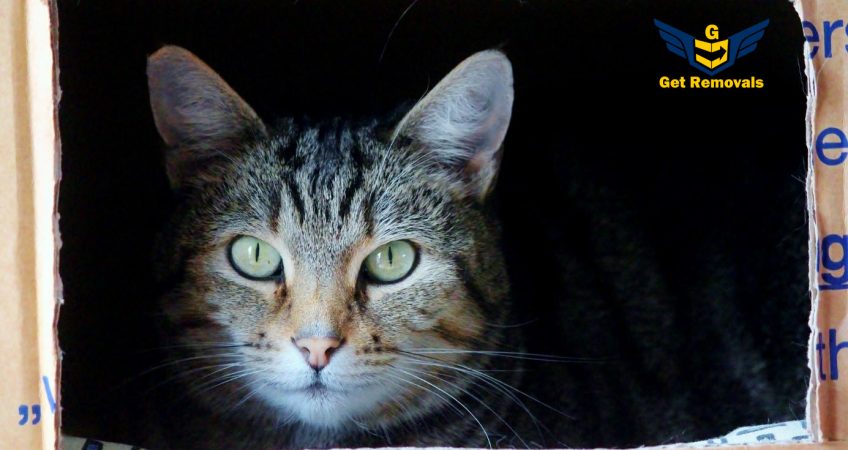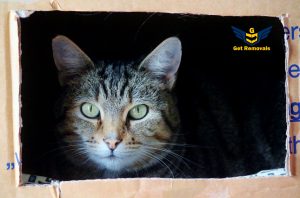
It can be hard to move home when you have a pet but it is even harder if your furry friend has entered a more senior stage of their life. Many families even choose to postpone their relocation if they share their current house or apartment with an elderly cat or dog because they hate the thought of putting them through any unnecessary stress that may have a negative effect on their health or general wellbeing. What is more, such major changes can unlock behavioral problems in some animals. And yet, that does not mean that moving home with a senior pet is not possible. You just need to:
- Carry out the move in a slow and gradual way
- Shelter them from the chaos of a house move
- Preserve their daily routine
- Spend more time with them
- Come up with a strategic packing plan
This does not mean that the relocation will be easy and stress-free for you and your animal friend but you can make it more bearable if you organise it in a smarter and more thoughtful way.
Introduce them to the change in a gradual manner
Both cats and dogs can sense when a change is just around the corner. That can make them feel restless and anxious. So, take things one step at a day. Plan a gradual move. Instead of filling up the home with packing supplies and getting straight down to business by decluttering and packing, bring in the cardboard boxes a couple of weeks in advance. Let your pet sniff them or even chew on them or tear some apart. That will help them get used to this unusual sight and prepare for all the other upcoming changes.
Keep them away from the moving chaos
When you start to prep for the relocation, keep your cat or dog in some other part of your home such as a quiet and cosy bedroom. They may feel uncomfortable in the presence of strangers such as movers. Plus, they may get in your way and slow you down. For instance, if you need to declutter before you start packing, you will need to spend hours or even days going through your stuff even if you have decided to rely on professional-grade rubbish removals in London. Once you get to your new house or flat, set up a nice and quiet spot for your elderly pet where they won’t need to deal with loud noises, boxes, movers and other stress triggers.
Pack pet’s items and accessories in the end
The items of your furry friend should be the last things you pack before you move and the first things you unpack. Much like children, your domestic animals and their comfort should be your top priority.
Do not change their daily routine
Stick to the same daily routine to help your cat or dog quickly get used to the change. Feed them at the same hours as always, go to bed as per usual and arrange their new personal spot in a similar way to the one they had at your previous home.
 Spend quality time with your pet
Spend quality time with your pet
Unpacking, cleaning, decorating, planning – you may have your hands full but make sure you spend plenty of time in the company of your four-legged buddy. Pet them, talk to them and play with them. By doing that you will let your pet know that despite the new living environment, they still have you. Keeping them engaged will also distract them and help them get out of their shell.

 Spend quality time with your pet
Spend quality time with your pet